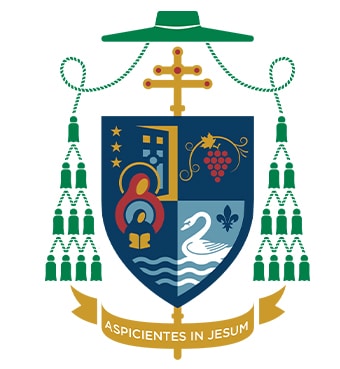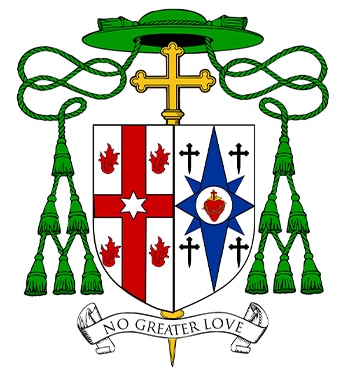St Peter Claver, Slave to the Africans

The boats would pull into the dock like any other day in Cartagena. As the vessels would unload, onlookers would have seen the living cargo present in the deepest levels of the ship. Many of these people were sold into the slave trade, and it’s estimated that often a third of them died in transit. But I’d imagine that there were no onlookers there, no one reaching out to greet those aboard the ship. Ships full of people seen as objects and not persons was a normal occurrence, so normal that the use of the person—the person made slave—was unseen, because it had been reconciled thusly in the hearts and minds of men.
But not St. Peter Claver.
Peter Claver had come to these docks shortly after his ordination to the priesthood and after working with Fr. Alfonso de Sandoval, who had dedicated more than forty years of his life to ministering to enslaved people. Peter not only took up the mantle but even called himself “Petrus Claver, Aethiopum servus,” or “Peter Claver, slave of the Africans.”
The life that Peter Claver chose to lead was a sign of contradiction. When others would shrink in repulsion, he would extend his hands in love. Where others would avoid situations for fear of filth and feces, he would bravely enter into the darkness of sickness and death with the light of Christ. What others thought of as waste resulted in the baptism of over 300,000 during the lifetime of his ministry.
Peter Claver ventured into the places no one wanted to go, and he did the work that no one thought anyone should do. And no one could stop him. One of the greatest feats that he completed wasn’t boarding the ship or redeeming the humanity of the exploited and enslaved with gifts and human touch, it was learning the language of the people in order to bring them the Gospel.
Too often, we approach evangelization from an “I give to you as I understand” approach when, in reality, evangelization is most effective when it is given in a way that the hearer, or the served, will understand.
St. Peter Claver had seven interpreters, one of whom spoke four African dialects. With their help, he was able to teach the Gospel with words that could be understood. He would also use pictures in his teaching, primarily images of the crucified Christ. He sought ways for discarded people to know their dignity and worth, and they would come to learn how deeply they are loved despite their circumstances. Is there a better way to understand this than to look upon the image of the Suffering Servant giving his life for all?
The message of St. Peter Claver’s life is needed today. Worldwide, there are still men and women who are being treated as objects. There are also those who have tragically forgotten or have never understood their dignity, their worth. There are many who are sick without aid or relief. There are many who are dying alone. Even among the more privileged, we are ravaged in mind, heart, and body, longing for the same message that St. Peter Claver brought to the slaves of Africa: You are loved, you are unrepeatable, and you have dignity and purpose.
This truth is not determined by your income, by the color of your skin, by your sexual orientation, by your religious beliefs, or even by your capacity to believe it.
It is determined simply by your existence.
Read more at Word on Fire







